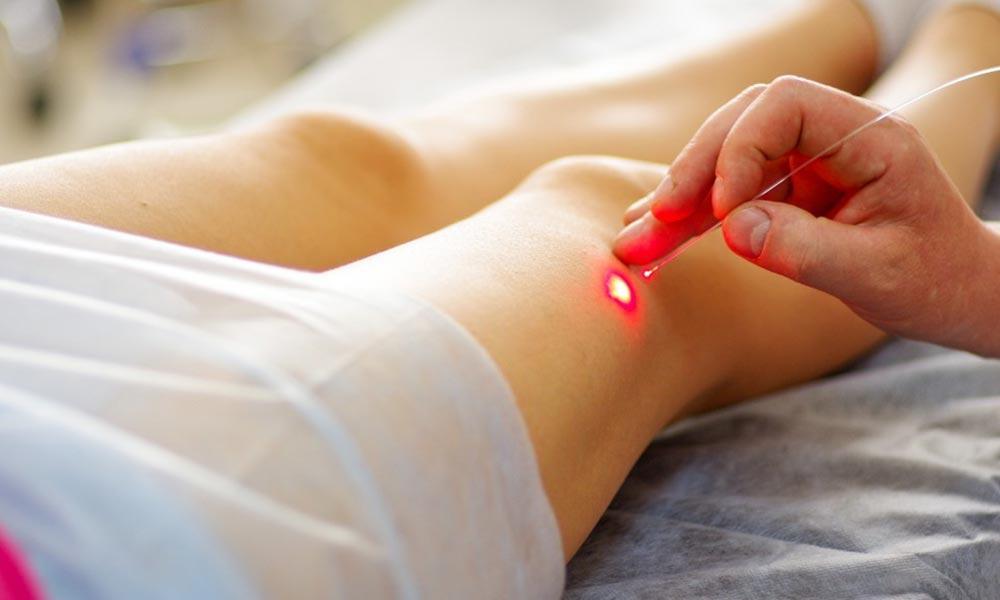Varicose veins are a common vascular issue that affects a significant number of people worldwide. These twisted, swollen veins not only pose aesthetic concerns but can also lead to discomfort and, in some cases, more serious health problems. If you’re grappling with varicose veins, you might be wondering, “What kind of specialist treats varicose veins?” In this comprehensive guide, we will explore the types of specialists involved in varicose vein treatment and delve into the factors that can help you decide if it’s worth getting them removed.
Understanding Varicose Veins: A Brief Overview:
To comprehend the significance of seeking treatment, it’s crucial to understand varicose veins. Varicose veins occur when the valves in the veins malfunction, causing blood to pool and the veins to swell. They commonly appear on the legs and can lead to symptoms like pain, heaviness, and swelling. While lifestyle changes may offer some relief, professional intervention is often necessary for effective, long-term management.
Specialists Who Treat Varicose Veins:
Several medical professionals specialize in the diagnosis and treatment of varicose veins. Among them, vascular surgeons, interventional radiologists, and phlebologists are commonly involved. Vascular surgeons are experts in blood vessel disorders, while interventional radiologists use imaging techniques to guide minimally invasive procedures. Phlebologists specialize in vein-related conditions and offer non-surgical treatments. Consulting with these specialists will help determine the most suitable course of action based on the severity and specific characteristics of your varicose veins.
Non-Surgical Vs. Surgical Treatment Options:
The decision to get varicose veins treated often involves choosing between non-surgical and surgical options. Non-surgical interventions include compression stockings, lifestyle changes, and minimally invasive procedures like sclerotherapy and endovenous laser treatment (EVLT). On the other hand, surgical options may include vein ligation and stripping. The choice between these approaches depends on factors such as the severity of the condition, the presence of symptoms, and individual preferences. Consulting with a specialist will help determine the most appropriate treatment plan for your unique situation.
Considering The Benefits And Risks:
When contemplating varicose vein removal, it’s essential to weigh the potential benefits against the risks. Benefits may include alleviation of symptoms, improved aesthetics, and prevention of complications like venous ulcers. However, like any medical procedure, there are inherent risks involved. These can range from minor complications such as bruising and swelling to more serious issues like infection or nerve damage. Your chosen specialist will discuss these factors with you and help you make an informed decision based on your health status and personal preferences.
Is It Worth Getting Varicose Veins Removed?
The decision to undergo varicose vein removal is subjective and varies from person to person. Factors to consider include the severity of symptoms, the impact on your quality of life, and the potential for complications if left untreated. Additionally, the aesthetic aspect may play a role in the decision-making process. If varicose veins are causing pain, discomfort, or negatively affecting your overall well-being, seeking treatment may be worth it. However, if the symptoms are mild and manageable, a more conservative approach may be appropriate.
Conclusion:
In conclusion, determining whether it’s worth getting varicose veins removed involves careful consideration of various factors. Understanding the types of specialists who treat varicose veins, exploring non-surgical and surgical options, and weighing the benefits against the risks are essential steps in the decision-making process. Consulting with a qualified specialist is crucial to receive personalized advice and develop a treatment plan tailored to your specific needs. Ultimately, the choice to undergo varicose vein removal is a personal one, and it’s important to make an informed decision that aligns with your health goals and overall well-being.
